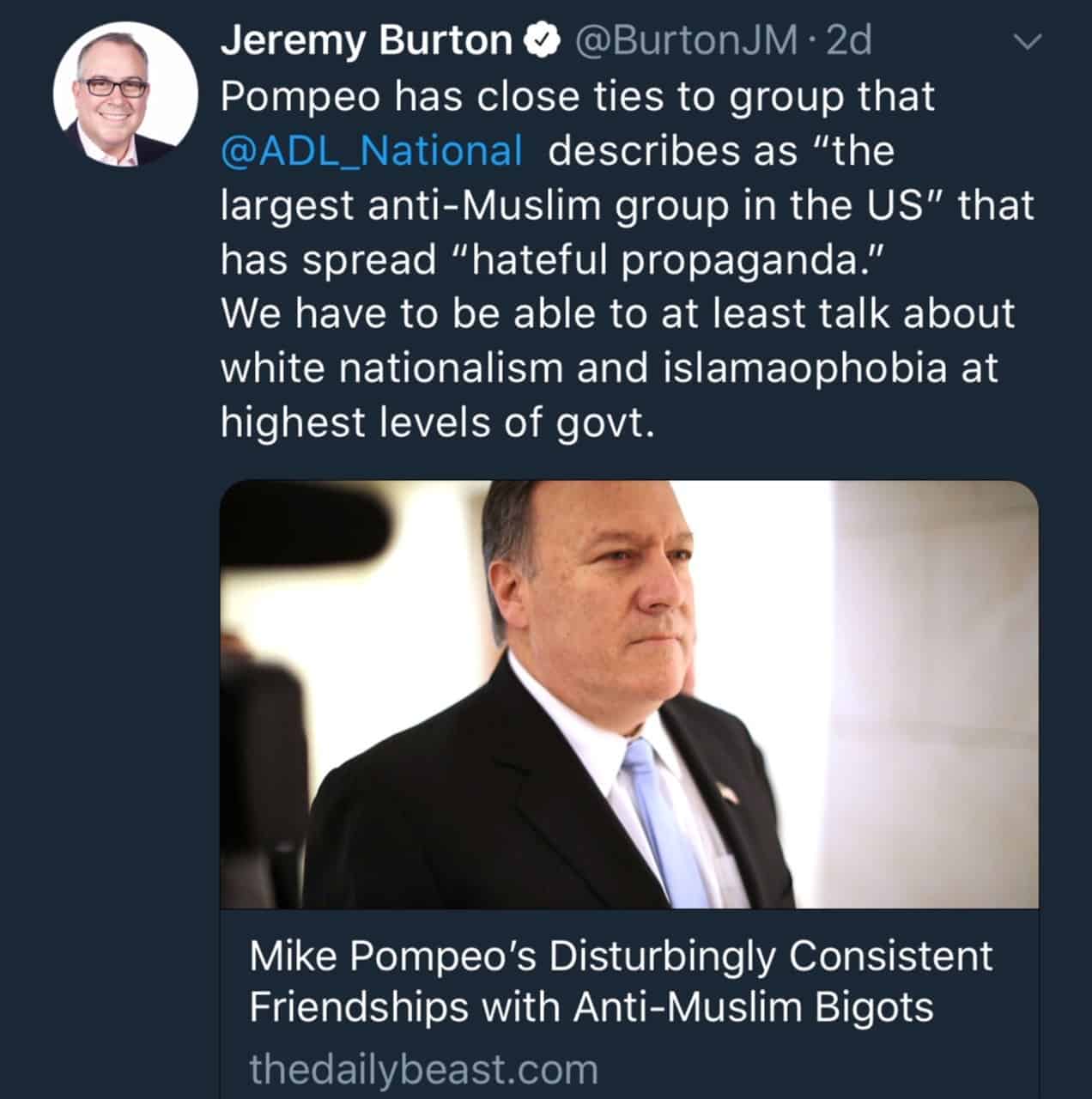Early one morning this week I received an email from a member of the Boston Jewish community whose counsel I value, though we often disagree on quite a few things. She questioned my decision to promote the voice of a virulently anti-Israel person and also challenged the agenda I was serving by doing so. I was genuinely surprised.
Clearly I needed some context here. So I looked into the matter.
As folks know, I share a lot of content on social media. We’re a diverse community and our collective conversation is informed by a multiplicity of voices. I disagree with many of the folks whose opinions I share, on a wide array of issues, but I’m also curious to hear reactions and takes on these matters – whether or not we at JCRC have a position on them. So I often just say that a piece is “worth reading” or “something to discuss.” In other cases, where we have a particular advocacy position we’re advancing, I’ll expand on a piece to underscore how it supports our view.
And sometimes, when an issue is driving conversation in the Jewish community, I share a lot of comments that can elevate the topic and inform the discussion even when JCRC hasn’t made a formal statement. For example, over the past weeks when our community was rightly outraged over revelations about notorious anti-Semitic minister Louis Farrakhan’s ties to various elected officials and public figures, I shared a lot of content about that.
And when CIA Director Mike Pompeo was nominated this week for Secretary of State, some folks in our community – and beyond – pointed out that he had a history of close affiliation with far-right groups. So, when an activist I respect shared someone else’s tweet specifically noting the ADL description of a group that honored Pompeo as “the largest anti-Muslim group in the US” and one that spreads “hateful propaganda,” I retweeted it with the comment that this was a “thing we need to talk about.”
Little did I know then – as I learned the next morning from that email – that the original tweet was by someone problematic. I was vaguely aware that this person was a commentator on a major cable news channel and had well over 100,000 Twitter followers. But until my own further research, I did not know about her close ties to a prominent anti-Semitic figure on the left and her own public statements.
I did not want to risk being seen as giving aid and comfort to someone I would never knowingly endorse. So, I thanked the person who reached out to me and told them that I didn’t know what I now do about this person. I continued on to say that I believe that the message that I shared is important and relevant for our community, i.e. a “thing we need to talk about.” That’s not an endorsement of this person or her views. It’s a statement on how some of the things that make us most uncomfortable are, in fact, the ones that most merit conversation.
I reaffirmed that if we are to appropriately lambast the left for trucking in bigotry, including anti-Semitism and including by some who are closely associated with figures in high public office, then we also have an obligation and responsibility to similarly talk about bigotry on the right that is being mainstreamed and normalized, including Islamophobia and white supremacy at and near the highest levels of our government.
And yet, I admitted it was important that the voice I chose to elevate was not one that would distract from something that we need to be able to discuss. So I deleted the retweet and found an alternative source so that I could share the findings by the ADL and others about Pompeo’s troubling affiliations.

Once again, let me restate how much I welcome feedback and relish the opportunity for community conversation. And I will reassert my commitment to make that conversation a wide-ranging one that hears and considers a multitude of perspectives. I will continue to amplify the voices of people from across the political spectrum with whom I may disagree on a range of topics, in the service of building a richer and more complex discourse.
But this week, I learned an important lesson: that to ensure diverse perspectives are truly heard, I must take greater care with the sources I look to. Failing to do so can not only distract from the message, but even worse, it can inadvertently validate those who purvey or condone hatred. I’m grateful to those of you who take the time to follow me on social media. I ask you to pay close attention to the totality of what I post and to join me in building a robust and wide-ranging discourse on the issues that matter to our community. And I will count on you to keep holding me accountable to sharing a myriad of perspectives, through sources worthy of our consideration.
Shabbat Shalom,
Jeremy




